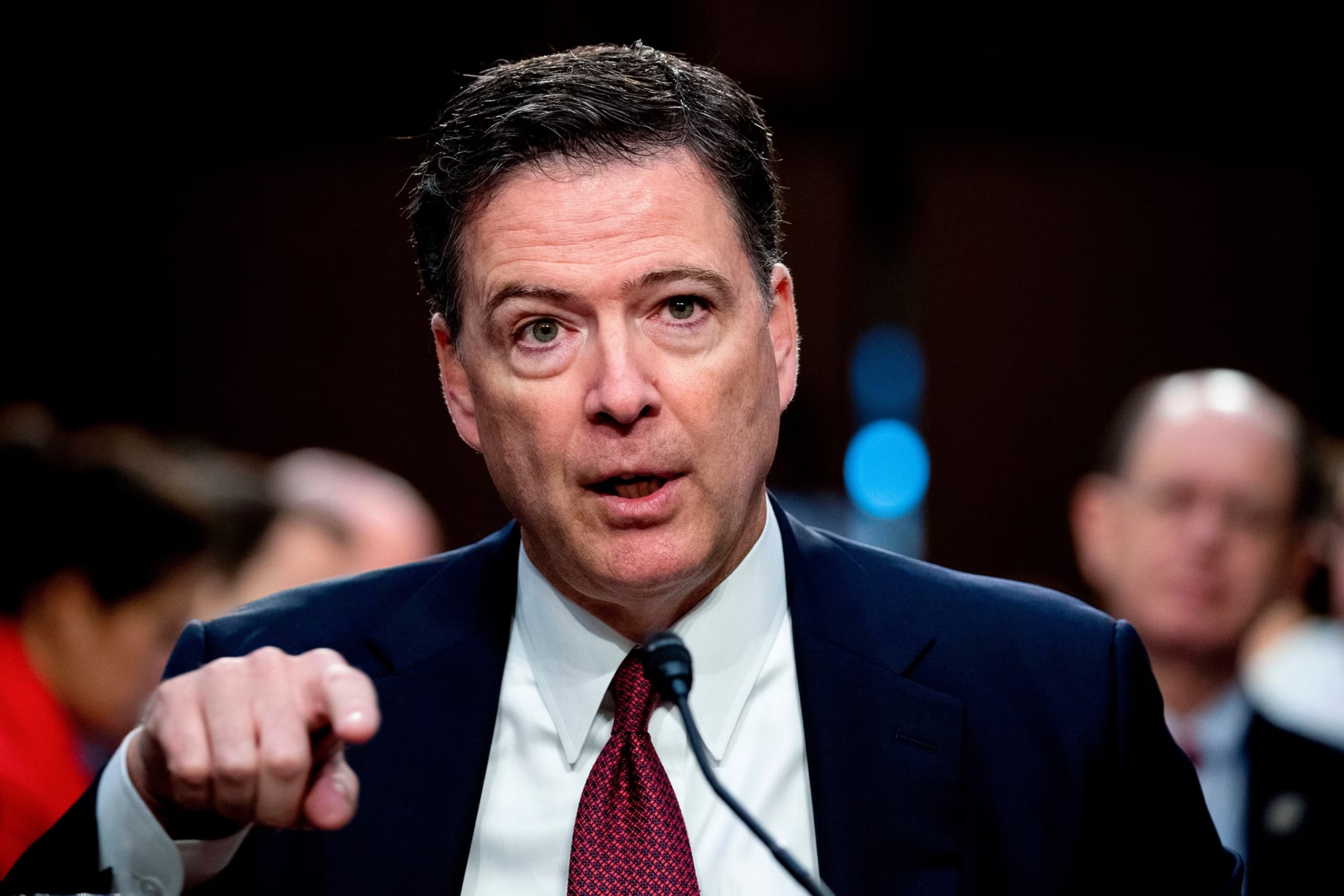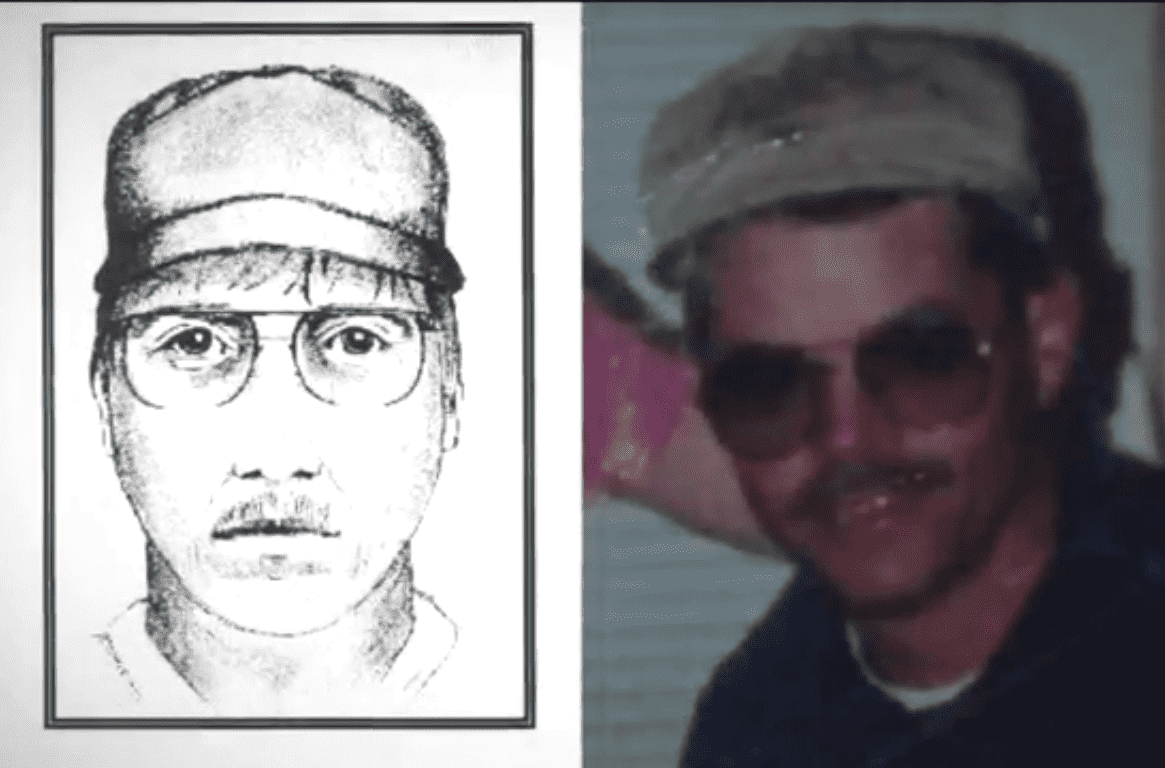Preface
james comey name is carved deep into the restless canvas of American power and law. To admirers, he embodies integrity’s watchman; to critics, he is a reckless figure whose choices fanned political wildfires. His journey from modest beginnings as a prosecutor to the pinnacle of FBI Director, followed by a dramatic collapse under Donald Trump captures the volatile crossroads where justice, politics, and judgment collide.
Origins of james comey
Formative Years
Born on December 14, 1960, in Yonkers, New York, james comey Jr. grew up in a working-class Catholic household. From those modest roots, he imbibed lessons of grit and unflinching honesty principles that later formed the marrow of his professional creed.
Education and Early Legal Path
During his years at the College of William & Mary, he pursued an uncommon mix of chemistry and religion, bringing together the logic of science with the depth of faith. He went on to earn his law degree at the University of Chicago Law School, where his sharp mind and commitment to justice quickly opened the doors to positions of real influence and responsibility.
Professional Genesis
The Prosecutor’s Arena
Comey first carved his reputation in the Southern District of New York, brandishing the law against organized crime and financial deception. His prosecutorial ferocity earned admiration, as he pursued justice with the precision of a craftsman wielding a finely sharpened tool.
Landmark Cases
Among his defining crusades was his relentless battle against the Gambino crime family, a pursuit that solidified his standing as a fearless litigator, immune to the intimidation of notoriety.
Ascending Washington’s Labyrinth
The Justice Department Ascent
His climb carried him deep into the Department of Justice, from U.S. Attorney for the Southern District of New York to Deputy Attorney General under President George W. Bush.
Reputation of Principle
He became known for elevating legal integrity above political expedience, even when such fidelity threatened to unsettle the mighty.
The Bush-Era Confrontation
A Hospital Showdown
In 2004, while Attorney General John Ashcroft lay incapacitated, Comey, as acting head, was pressed to authorize a controversial surveillance program. He refused. His defiance against unchecked executive power became legendary.
Defining Resistance
That refusal cemented him as a figure unwilling to barter conscience for comfort, branding him in Washington’s lore as a sentinel of resistance.
Elevation to FBI Director
Obama’s Choice
In 2013, President Barack Obama appointed him as the FBI’s 7th Director, praising his integrity and steady stewardship.
His Vision
From that seat of power, james comey aimed to modernize the Bureau, bolster cyber defenses, and restore public faith in an institution long shadowed by suspicion.
High-Stakes Leadership
Cracking Corporate Crime
He targeted Wall Street’s intricate frauds and insider manipulations, prying open schemes of financial deceit.
Counterterror and Cyberfronts
Parallel to that, he amplified alarms over homegrown extremism and the escalating specter of cyberwarfare.
The Clinton Email Maelstrom
The First Verdict
In July 2016, Comey staged a press conference to declare Hillary Clinton’s email use “extremely careless” but not criminal.
Breaking Custom
By speaking so openly, he shattered long-standing FBI custom, provoking fury across the political divide.
October Shockwave
Just before the election, he reignited the investigation. To critics, this decision tilted the fragile scales in favor of Donald Trump’s unlikely triumph.
Aftershocks of 2016
Bipartisan Fury
Democrats castigated him for wrecking Clinton’s campaign, while Republicans praised his candor.
Enduring Political Scar
The episode scarred his legacy, forever binding his name to one of the most divisive elections in U.S. history.
The Trump Collision
Contentious Encounters
From the onset of Trump’s presidency, their rapport soured.
The Loyalty Demand
Trump allegedly pressed Comey for personal loyalty, a demand he rejected, insisting that his oath belonged only to the Constitution.
The Sudden Ax
In May 2017, Trump abruptly dismissed him, unleashing a political tempest without parallel in modern memory.
Fallout of the Ouster
National Firestorm
His removal sparked accusations of obstruction, with many perceiving it as an attempt to choke the Russia inquiry.
Mueller’s Rise
The firing directly triggered Robert Mueller’s appointment as special counsel, altering the trajectory of Trump’s presidency.
Comey the Author
A Higher Loyalty
In 2018, Comey unveiled A Higher Loyalty, a memoir blending his philosophy of leadership with his clash against Trump.
Reception
The book soared commercially but polarized readers—hailed for candor by some, dismissed as self-justification by others.
Public Intellectual
Media Voice
Since his government exit, Comey has re-emerged as a public commentator, speaking on democracy, morality, and the fragility of institutions.
Reinvention
Today, he stands as an author, speaker, and critic of corruption’s creeping grip on governance.
Divided Judgments
Admirers’ Stance
Supporters see him as a bulwark of principle, defying presidential overreach.
Critics’ View
Detractors condemn him as politically tone-deaf, with the Clinton saga etched as a monument to his miscalculation.
Comey’s Legacy
Law Enforcement Ethos
Within the FBI, he reinforced ideals of transparency, accountability, and independence.
Political Imprint
His name is forever sewn into one of America’s most turbulent chapters, viewed alternately as valorous fidelity or tragic folly.
Final Reflection
James Comey’s odyssey illustrates the fragile choreography between governance and law—a perpetual dance of valor, controversy, and consequence. Whether celebrated or censured, his imprint on American justice endures like an echo that refuses to fade.
FAQs
Why was Comey dismissed?
Trump ousted him in May 2017, citing the Clinton investigation, though many argue it was an attempt to derail the Russia probe.
Did he sway the 2016 election?
Critics contend his October announcement decisively altered the election’s trajectory.
What has he authored?
Most notably A Higher Loyalty, reflecting on leadership, law, and political conflict.
What role did he play under Bush?
As Deputy Attorney General, he famously resisted a surveillance program widely deemed unconstitutional.
Where is he now?
Comey devotes himself to writing, public speaking, and engaging in discussions on democracy’s endurance.




One thought on “James Comey: Rise, Fall, and Lasting Impact”